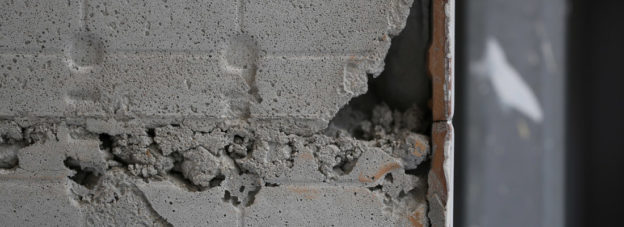Arkansas employs the “made whole” doctrine, which requires an insured to be fully compensated for damages (i.e., to be “made whole”) before the insurer is entitled to recover in subrogation.[1] As the Riley court established, an insurer cannot unilaterally determine that its insured has been made whole (in order to establish a right of subrogation). Rather, in Arkansas, an insurer must establish that the insured has been made whole in one of two ways. First, the insurer and insured can reach an agreement that the insured has been made whole. Second, if the insurer and insured disagree on the issue, the insurer can ask a court to make a legal determination that the insured has been made whole.[2] If an insured has been made whole, the insurer is the real party in interest and must file the subrogation action in its own name.[3] However, when both the insured and an insurer have claims against the same tortfeasor (i.e., when there are both uninsured damages and subrogation damages), the insured is the real party in interest.[4] Continue reading


